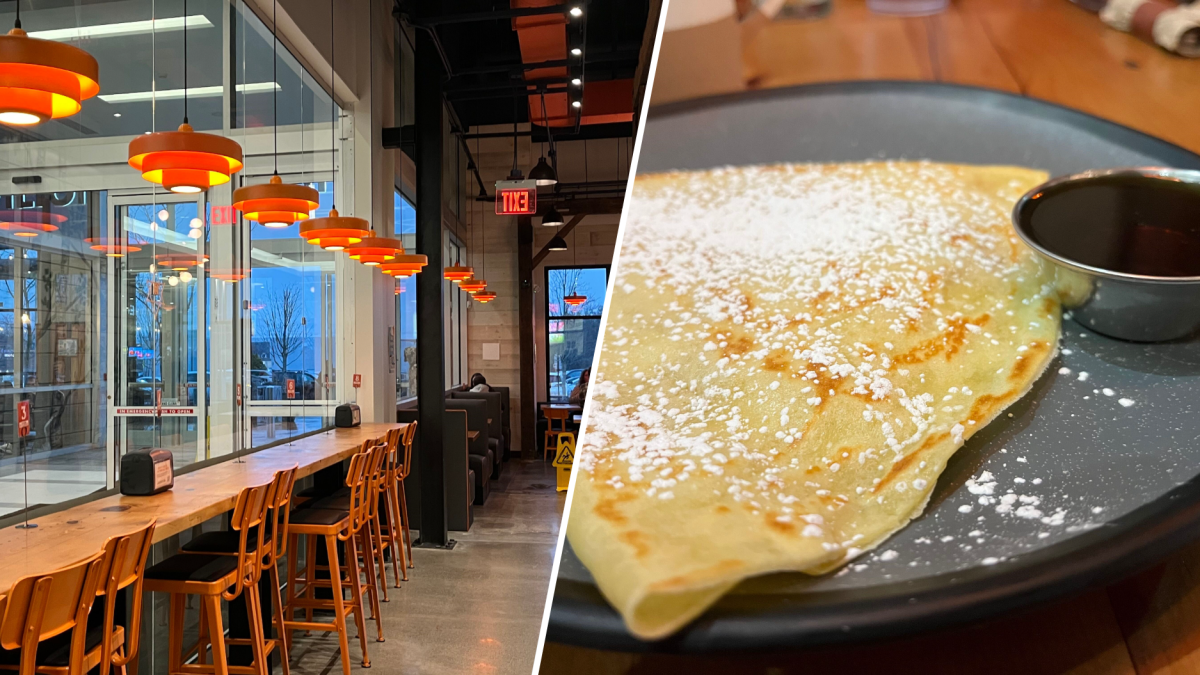Massachusetts
Massachusetts Psychedelics Legislation Runs into Trouble

Campaign organizers in Massachusetts may have violated signature-gathering regulations and potentially invalidated thousands of signatures in their quest to legalize psychedelics in the state, according to nonprofit news organization WBUR.
“We are working diligently to ensure we meet the signature threshold to move our petition … forward in the ballot qualification process,” Jennifer Manley, a spokesperson for the ballot campaign said in a statement.
Massachusetts for Mental Health Options started petitioning to collect signatures to push lawmakers to consider a psychedelics legalization initiative. In just two months, the group said it verified 75,000 signatures – enough to get past the first hurdle for getting on the 2024 ballot.
A Union Label
However, WBUR reported that state officials noticed that the campaign printed a labor union logo on the ballot sheets. That violates signature-gathering regulations in the state and could potentially invalidate thousands of signatures.
Deborah O’Malley, a spokesperson for the Secretary of State’s Office, told the news outlet that clerks in the elections division noticed the disqualifying marks and alerted the campaign.
“Any alteration or stray mark invalidates the entire sheet,” O’Malley said.
The group has until Nov. 22 to file the signatures for certification. Manley told WBUR that she believes they will still make that deadline.
According to Marijuana Moment, if lawmakers decide not to legalize psychedelics by May 1, activists would then have until July 3 to submit at least 12,429 additional valid signatures to put the proposal on the November 2024 ballot.
Proposed Legislation
The proposed law would create a framework under which individuals over the age of 21 could purchase and use certain psychedelics at licensed facilities. Sales at the facilities would be subject to a 15% state excise tax on top of the standard sales tax. Cities or towns may also levy a separate tax of up to 2%.
It would also legalize the possession and gifting of psychedelics such as psilocybin and ayahuasca, but it would not provide for commercial retail sales of the substances.
The law would create a five-member commission to “administer the law governing the use and distribution of these psychedelics substances.”
Just a week ago, the governor of Massachusetts filed a bill called the HERO Act that among many items would create a psychedelics working group to study and make recommendations about the potential therapeutic benefits of substances like psilocybin and MDMA for military veterans.

Massachusetts
Bertucci’s shutters 4 Massachusetts restaurants following bankruptcy filing

Massachusetts Italian restaurant chain Bertucci’s has closed four restaurants in Massachusetts as it files for bankruptcy, once again.
Its Braintree location, on Franklin Street, has a notice put up announcing that it is “Permanently Closed” and directs customers to its locations in Hingham and West Roxbury.
“After two decades of serving this community, it is with heavy hearts that we announce our Bertucci’s Braintree location is permanently closed,” the notice states. “Thank you for your loyalty and support all these years.”
It’s the same story for its locations in Mansfield, North Andover and Norwood. The company’s website now lists only 10 locations in Massachusetts: Boston, Chelmsford, Chestnut Hill, Framingham, Hingham, Medford, Newton, Reading, Waltham and Westboro.
The restaurant once boasted some 80 locations in East Coast states. That that number has now dwindled to 16. In addition to the 10 Massachusetts locations, there is one location each in Pennsylvania, Connecticut, Delaware, and Virginia and two locations in Maryland, according to the company’s directory.
Bertucci’s Restaurants, LLC, started in Somerville’s Davis Square in 1981 and is now headquartered in Boston, according to its website. However, its corporate address according to the Thursday bankruptcy filing in federal court for the Middle District of Florida is in Orlando Florida. According to court records it filed for bankruptcy previously in 2018 and 2022.
The company estimates its debts to be in the range of more than $10 million to $50 million from 200 to 999 creditors against assets in the same range.
The restaurant was the 2024 Boston Pizza Festival’s People’s Choice Winner.
Originally Published:
Massachusetts
Blustery and cool today before gorgeous start to week

Yesterday was the final Saturday of April and it was another wet one. Each Saturday in April Boston has had rain.
Sunday will remain cloudy especially in the morning, starting off blustery and cool in the 40s.
Northwest winds gusting up to 35 mph possible through the afternoon with highs in the mid 50s.

Some lingering morning clouds will give way to clearing skies by late in the day as high pressure builds in.
Winds let up Sunday night, and temperatures will dip into the 40s overnight.

Monday and Tuesday will be gorgeous, dry and highs climbing into the 70s.
It will turn breezy again Tuesday ahead of a cold front that could bring a few showers Tuesday night into early Wednesday.

After the front passes, temperatures cool down a bit, but stay seasonable with highs in the 50s to near 60.
Thursday looks dry, but another round of showers is possible Friday. Next weekend is looking dry right now but check back for updates.
Massachusetts
All-day rain, thunderstorms expected in Massachusetts on Saturday

Spells of rain embedded with downpours and thunderstorms are likely throughout Massachusetts on Saturday, according to the National Weather Service.
A near-universal 100% chance of precipitation is forecast across the Commonwealth from the Cape and Islands to the Berkshires.
For the Cape and Islands, showers are expected to persist until around 10 p.m. Saturday will see a high near 59 degrees, dropping to a low of 45 degrees in the evening with the possibility of patchy fog.
Rain is likely before 1 p.m. in Boston, with conditions transitioning to showers later in the day. Thunderstorms are possible after 4 p.m., although showers may diminish before 10 p.m. Patchy fog is anticipated, with a daytime high near 64 degrees and an overnight low of around 43 degrees, according to the National Weather Service.
Worcester’s weather includes rain before 4 p.m., followed by a chance of showers and thunderstorms. Temperatures will peak near 64 degrees during the day before falling to 43 degrees by Saturday evening.
For Springfield, thunderstorms are possible throughout the day, with showers likely until around 8 p.m. The high temperature is expected to be near 66 degrees, with an overnight low of approximately 44 degrees.
Greenfield residents can anticipate rain and thunderstorms throughout the day until 11 p.m., the weather service predicts. The high could reach near 68 degrees, with temperatures dropping to around 43 degrees by Saturday night.
For the Berkshires, showers and thunderstorms are also in the forecast for the entire day. The region may experience a high near 67 degrees, with an overnight low of around 40 degrees.
-
News1 week ago
Harvard would be smart to follow Hillsdale’s playbook. Trump should avoid Biden’s. | Opinion
-
Business1 week ago
Porto's Bakery moving forward in Downtown Disney, replacing Earl of Sandwich
-

 Politics6 days ago
Politics6 days agoVideo: Hegseth Attacks the Media Amid New Signal Controversy
-

 Culture5 days ago
Culture5 days agoNew Poetry Books That Lean Into Calm and Joy Amid Life’s Chaos
-

 Politics1 week ago
Politics1 week agoSupreme Court blocks new deportations of Venezuelans in Texas under 18th century Alien Enemies Act
-

 News1 week ago
News1 week agoMaps: Where Do Federal Employees Work in America?
-

 Politics7 days ago
Politics7 days agoPope Francis and US presidents: A look back at his legacy with the nation's leaders
-

 World6 days ago
World6 days agoNew Zealand’s minor gov’t party pushes to define women by biological sex



















